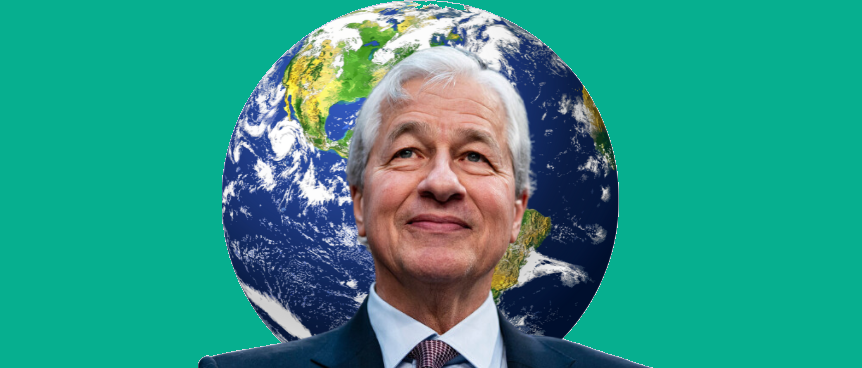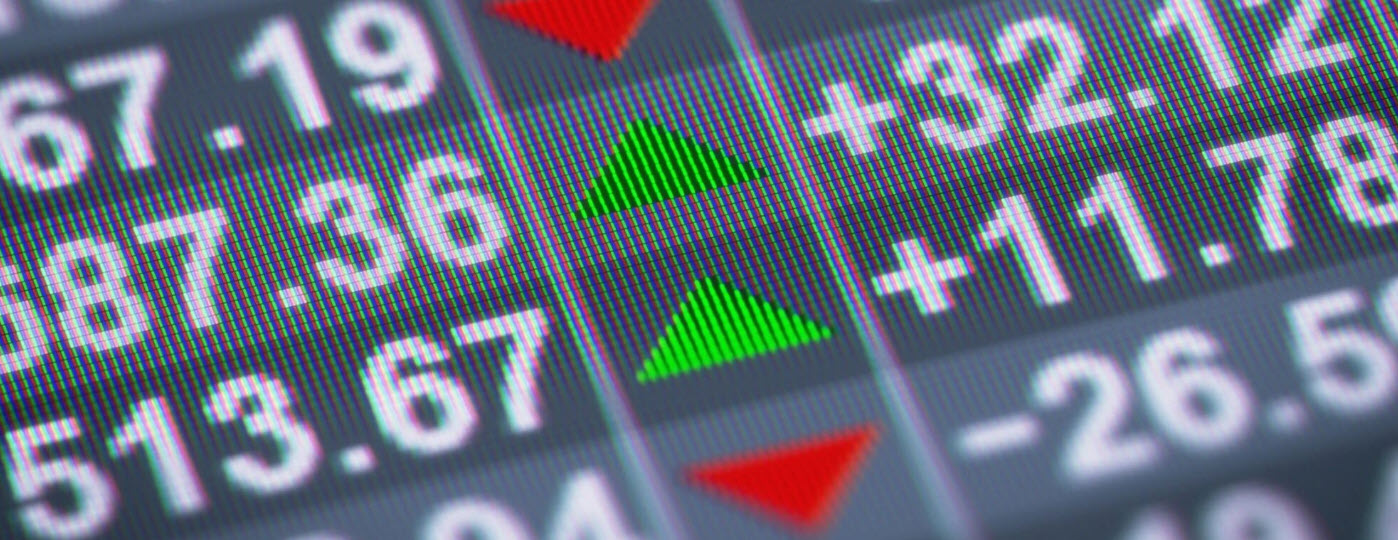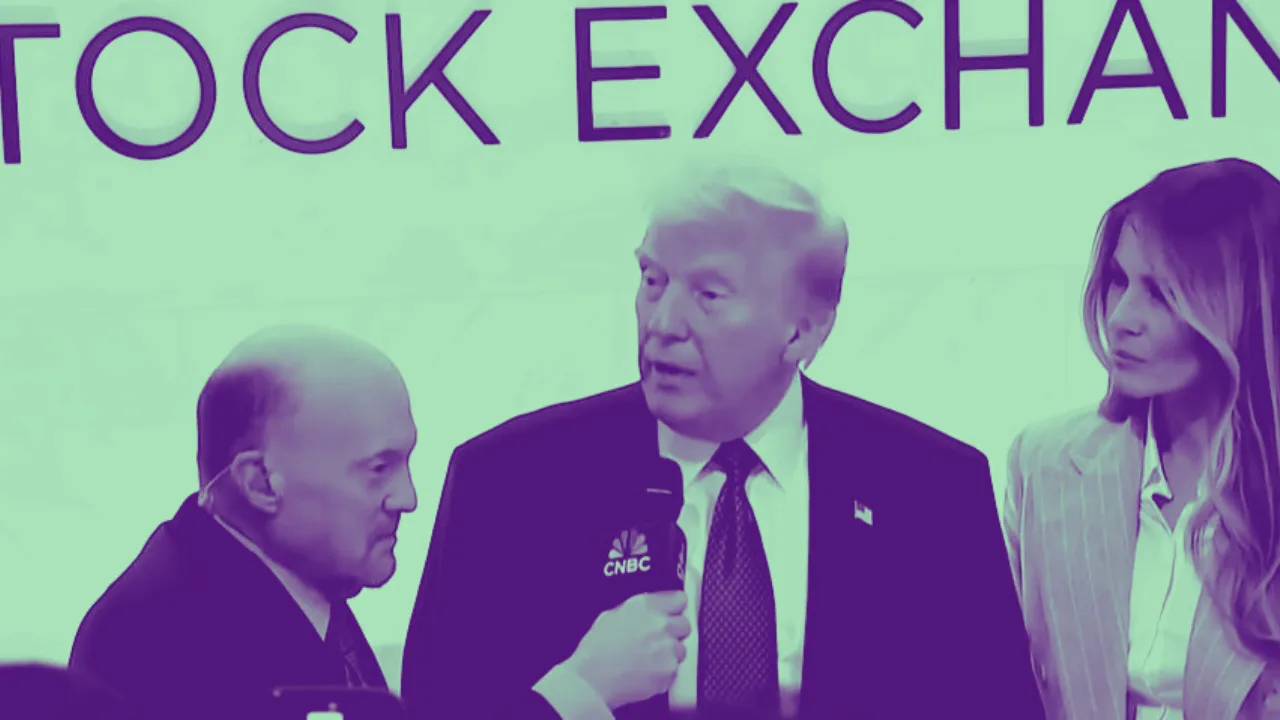Jamie Dimon, the CEO of JPMorgan Chase, has been vocal about the complexities and strategic imperatives of international trade, especially in relation to national security and the geopolitical landscape. His insights are particularly relevant given the current global tensions and economic interdependencies. Here’s a detailed exploration of Dimon’s views based on recent interviews and public statements.
The Strategic Importance of U.S.-China Relations
Dimon has repeatedly emphasized the critical nature of the U.S.-China relationship, describing it as the most significant geopolitical issue of our time. He argues that the future of global stability and economic prosperity hinges on how these two superpowers manage their interactions.
- Economic Interdependence: Despite the rivalry, Dimon notes the deep economic ties between the U.S. and China, advocating for a balanced approach that recognizes the mutual benefits of trade while addressing national security concerns.
- Geopolitical Challenges: The ongoing tensions surrounding Taiwan and China’s alignment with Russia present significant hurdles. Dimon stresses the importance of diplomatic engagement and constructive dialogue to navigate these issues.
Advocating for Engagement Over Isolation
Dimon argues against isolating China, suggesting that engagement is crucial even when there are significant disagreements. He believes that through engagement, both nations can address and potentially resolve contentious issues, which is preferable to the alternatives that might lead to economic or military conflicts.
Full Engagement Strategy: Dimon calls for “full engagement” with China, which involves open channels of communication and cooperation on global challenges like climate change, even as the U.S. remains firm on national security.
Economic Leverage: He points out that the U.S. should use its economic leverage wisely, particularly in trade negotiations, to secure better terms that enhance national security without disrupting the global economic order.
National Security and Economic Independence
A recurring theme in Dimon’s discourse is the intersection of national security and economic policy. He advocates for the U.S. to enhance its economic independence as a means of strengthening its global negotiating position.
Securing Critical Supply Chains: Dimon highlights the importance of securing supply chains for critical materials like rare earths, semiconductors, and pharmaceutical ingredients. This strategy is not only about reducing dependency on potentially adversarial nations but also about ensuring that the U.S. remains competitive in key technological arenas.
Legislative Support: He supports legislative measures such as the CHIPS Act and the Inflation Reduction Act, which aim to bolster domestic capabilities in technology and infrastructure, thereby enhancing national security.
The Role of Leadership and Alliance
Dimon underscores the need for strong American leadership and robust alliances. He believes that the U.S. must lead with a strategy that balances economic interests with geopolitical realities, ensuring that trade policies do not compromise national security.
Global Alliances: Strengthening alliances, particularly with European and Asian partners, is crucial for forming a united front on security issues and for creating a counterbalance to China’s growing influence.
Trade and Security: While trade can be a vehicle for promoting values like human rights and environmental sustainability, Dimon cautions that these objectives should not overshadow the primary goal of national security.
Conclusion
Jamie Dimon’s insights into the complex interplay between international trade and national security reflect a nuanced understanding of the global economic order and the strategic imperatives for the United States. His advocacy for engagement, coupled with a strong stance on national security, offers a roadmap for navigating the challenges of a multipolar world. As geopolitical tensions continue to shape global economics, Dimon’s perspectives are invaluable for policymakers, business leaders, and analysts alike.
Stay up to date on other relevant news in our “News and Politics” section.





